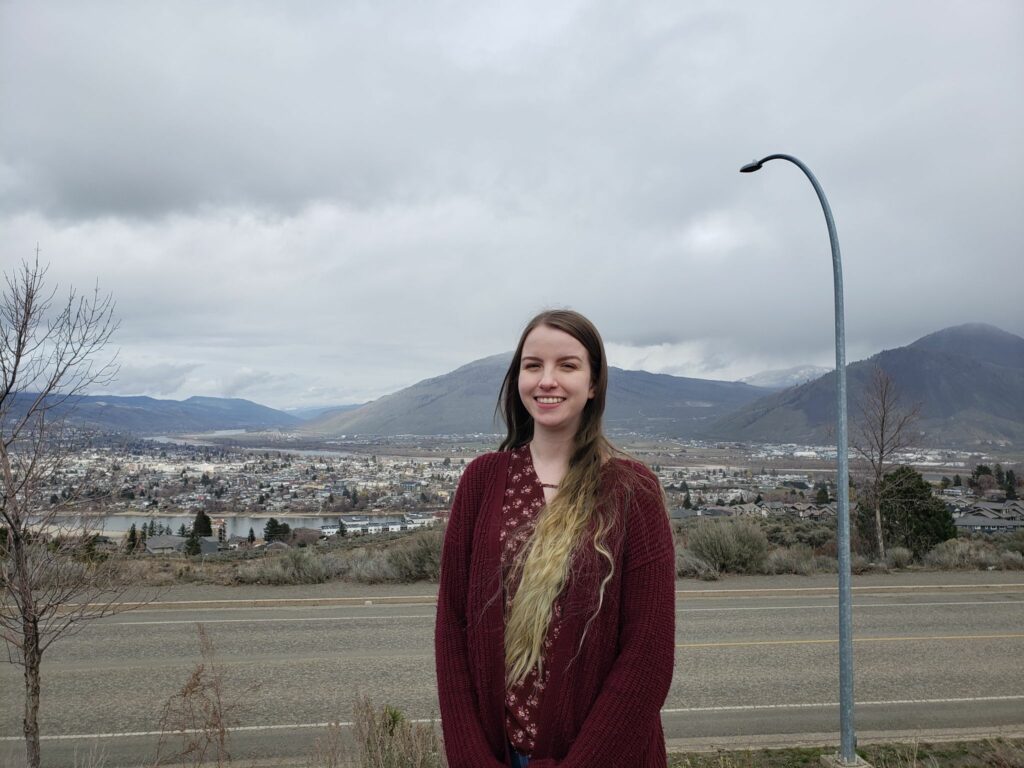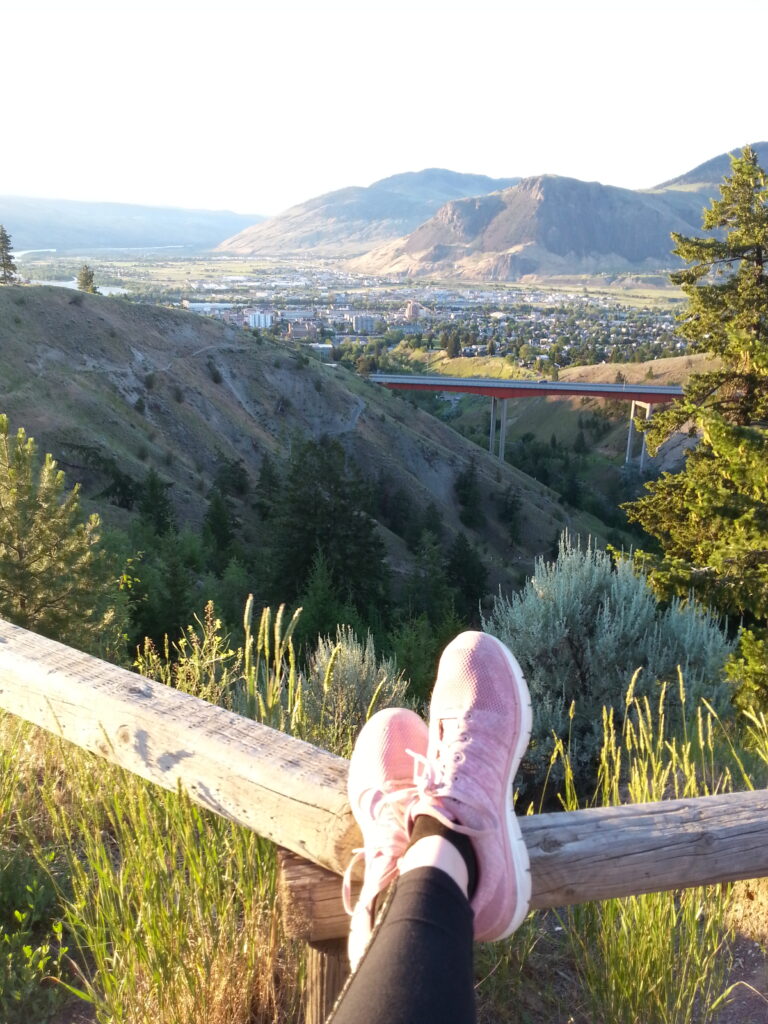
My name is Emma Kivari and I was born and raised in Kamloops, British Columbia. I enrolled in the Bachelor of Arts at Thompson Rivers University in 2017, not knowing exactly what I wanted to do as a career. In my first year I was able to take a broad range of subjects including English, history, geography, archaeology, philosophy, sociology, and psychology, just to name a few. I took an interest specifically in English, history, geography, and archaeology and I decided to take more classes in those areas during my second year. Throughout my life I have contemplated different career paths, with teaching always being on the table of options. Although I found archaeology to be interesting, I didn’t see myself working in that field (no pun intended). I also enjoyed geography, focusing on environmental sustainability, which I believe is a very important topic. In my third year at Thompson Rivers University, I felt that my learning journey was leading me to become a teacher. Along my journey I have discovered that a part of me just wants to be a lifelong learner, which the teaching profession allows me to do. Focusing on elementary education was a no brainer for me as I enjoy the positive atmosphere and the subjects span a wide range of topics. Another key aspect is that teachers are able to impact their communities by influencing the youth in a positive light. This also wraps back around to environmental sustainability. The children truly are our future and it is important for them to understand the impacts we have on the planet and how we can preserve it as much as possible.

As a teacher candidate, I find it most important to create a classroom atmosphere where students feel safe and heard. If students do not feel comfortable in the classroom, their learning will suffer as a result. That is why I like to include a sense of fun and community in the classroom as much as I can. I also believe that student agency is important within a classroom because students are typically more engaged in their learning if they have some say in how it goes. An example of this would be giving students choice in how to complete a project. As long as the students are hitting the same content and curricular/core competencies, it shouldn’t matter as much what they use to hit the target.

